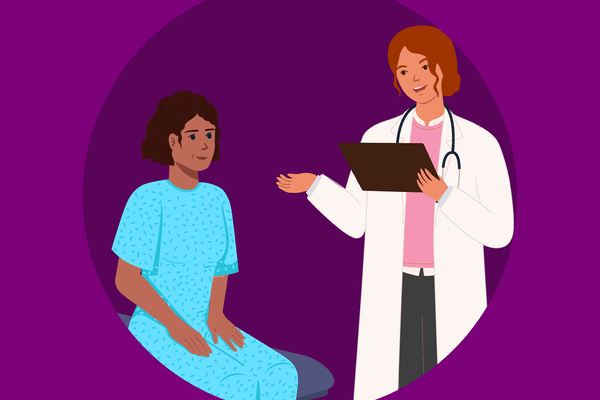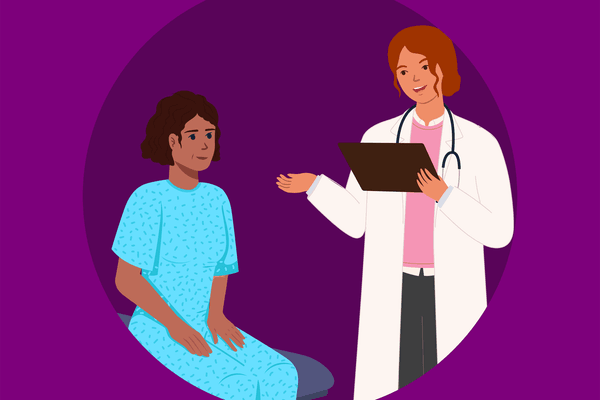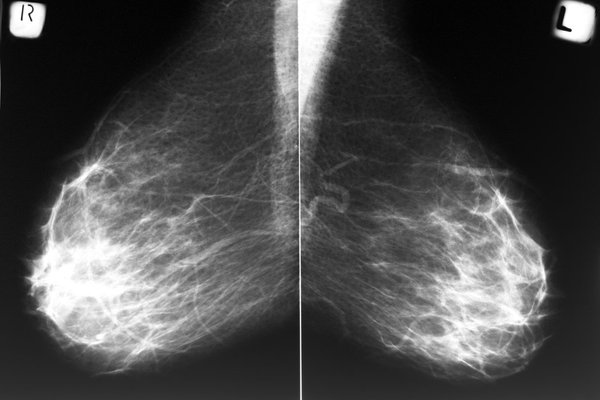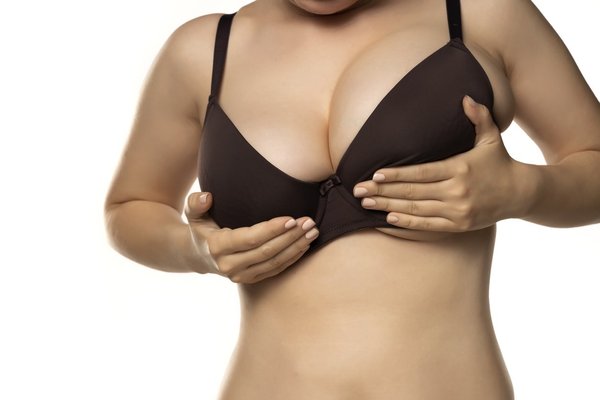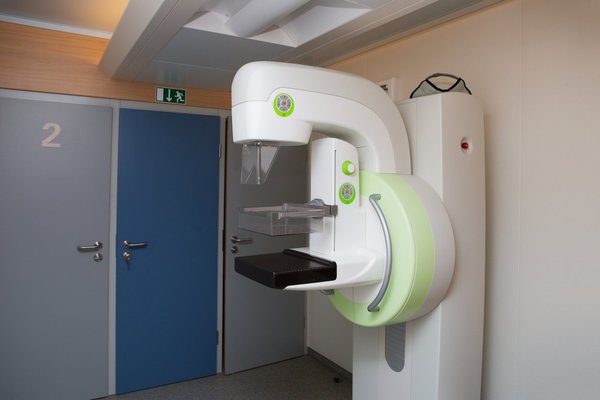Q:
I am 38, with a family history of breast cancer (my mother died from it). When I was checking my breasts, I noticed a discharge from both breasts—one discharging white fluid and the other clear fluid. Is this cause for concern?
A:
I can image how worried you are, particularly given your family history. However, you should know that a discharge from one or both nipples is quite common in women. Generally, it occurs after the breast has been handled or massaged; even just the "checking" you did could have caused it.
You may also notice a breast discharge if you are breastfeeding, have had a baby or are in mid- to late pregnancy (that's your body readying itself to produce milk for your baby). In fact, even if you're not breastfeeding you may notice a milky discharge for up to two years after giving birth. A spontaneous milky discharge can also occur in girls as they enter puberty, lasting for up to a year.
Breast discharge, whether clear, milky, watery, yellow or even bloody, may also be the result of hormonal changes that lead to lumpy breasts, a condition known as "breast nodularity." Another condition linked to changes in estrogen and progesterone levels is called "duct ectasia." It typically occurs just before or after menopause and may result in discharge. Sometimes this discharge can continue for months or even years. In one study of 249 women, half of whom were younger than 35 and half of whom were older, 75 percent of the nipple discharges were related to one of these two conditions.
Certain medications, including tricyclic antidepressants, estrogen, oral contraceptives and medicines used to treat heartburn and stomach ulcers, can also cause nipple discharge, as can marijuana use. Additionally, an infection of the mammary glands called mastitis, which usually occurs when you're breastfeeding, can result in a sticky, colored discharge.
However, in rare instances breast discharge can be a sign of a breast cancer. In the study mentioned above, four percent of the women with nipple discharge had an associated breast cancer, but they also usually had a lump that could be felt. Discharge related to breast cancer usually appears on only one breast and is rarely bloody. Overall, just one to 5 percent of all breast cancers are related to a nipple discharge.
The bottom line is that if you're concerned, have your breasts examined by your health care professional - both to rule out any problem and to provide you with peace of mind. Depending on what the examination finds, your doctor may want you to have a mammogram or breast ultrasound, or may want to perform a biopsy to examine a sample of breast tissue for any signs of cancer.
- 12 Reasons You're Experiencing Breast Pain ›
- Breast Health Glossary of Terms ›
- How to Do a Breast Self-Exam ›
- Breast Discharge as a Symptom of Breast Cancer ›
- Your Guide to Breast Health ›


